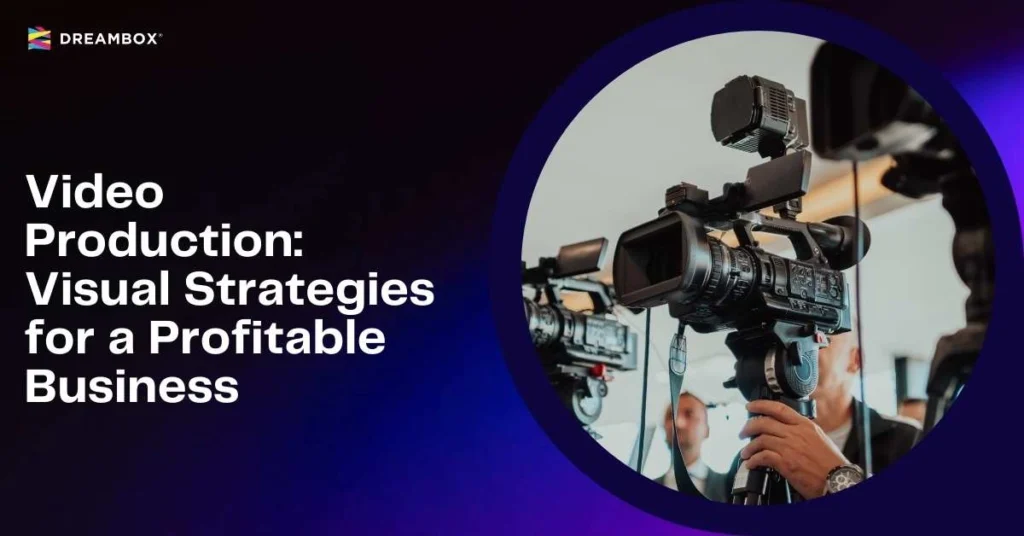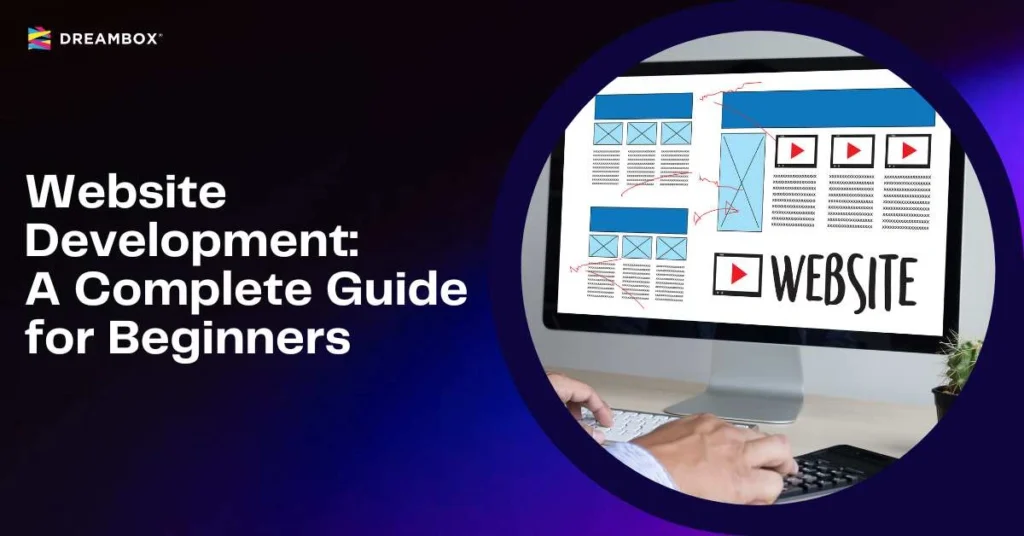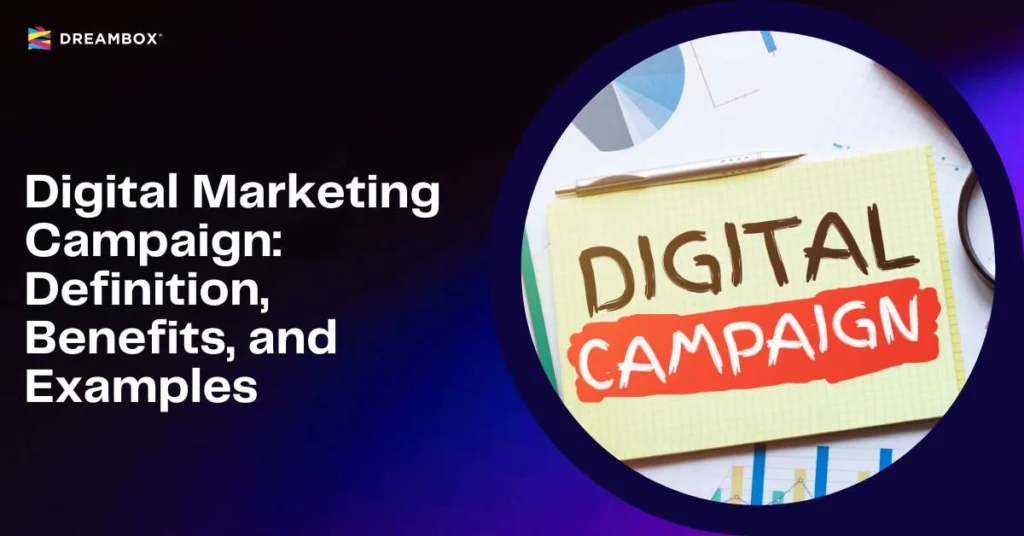Effective advertising plays a crucial role in every business’s marketing strategy. Good advertising examples grab attention and encourage action from the target audience. By understanding the key elements of effective advertising examples, companies can enhance the impact of their marketing campaigns and achieve better results.
This article will discuss 10 effective advertising examples that can inspire readers. Readers will learn about essential elements in successful ads, see examples from various industries, and gain insights into strategies for creating effective advertisements. Additionally, this article will highlight common mistakes to avoid when crafting ads, helping readers optimize their marketing efforts.
Key Elements of Effective Advertising
Effective advertising comprises several key elements that make it attention-grabbing and influence consumer purchasing decisions. Here are the important elements to consider when creating effective advertising examples:
Attention-Grabbing Headlines
The headline is the first element readers see when they view an ad. An effective headline should be short, engaging, and clearly summarize the main message of the advertisement. A good headline can spark curiosity, evoke emotions, or offer immediate benefits to readers.
Persuasive Copywriting
The ad’s body copy must provide clear and persuasive information about the product or service. Effective writing considers consumer needs and desires, emphasizing relevant values that appeal to them. Good copywriting should convince consumers to take specific actions, such as purchasing a product or using a service.
Schedule a free 30-minute branding consultation session with our experts.
Striking Visuals
Visual elements like images, graphics, or videos are important in effective advertising examples. Eye-catching and relevant visuals can help convey the message more effectively and leave a strong impression on consumers. Ensure the high-quality visuals align with the brand identity and ad message.
Clear Value Proposition
Ads should communicate a clear value proposition to consumers. This includes the product’s or service’s main benefits and reasons why consumers should choose it over competitors. A strong value proposition can differentiate the product from its rivals and persuade consumers to purchase.
Strong Call-to-Action
A call-to-action (CTA) is a critical element that encourages consumers to take specific actions. An effective CTA should be clear, direct, and persuasive. Examples of strong CTAs include “Buy Now,” “Sign Up Today,” or “Visit Our Website.” A compelling CTA can enhance conversions and the overall effectiveness of the ad.
Effective Advertising Examples by Industry
Advertising Examples in the Food and Beverage Industry
The food and beverage industry presents great opportunities for creating engaging and effective ads. One notable example is Aqua, a well-known mineral water brand in Indonesia. Aqua uses a simple packaging design with blue tones representing mountain spring water. The mountain logo reinforces the impression that the product comes from a natural source. The tagline “Goodness Comes from Nature” resonates with consumers.
Another effective ad example comes from KFC (Kentucky Fried Chicken). Their ads use mouthwatering text like “KFC offers an unforgettable burger experience! The combination of soft bread and thick meat is the highlight. The addition of refreshing ketchup makes it even better!”
Advertising Examples in the Fashion Industry
Effective ads often feature captivating visuals and strong messaging in the fashion industry. UNIQLO, for example, successfully captures attention with its simple yet elegant ads. It showcases a collection of magenta linen shirts with informative descriptions that highlight the comfort and style of its products.
Batik Toyo also demonstrates effective advertising with its elegant batik jackets, which feature simple designs that showcase the product’s strengths. Encouraging viewers to click the link in their bio for more information is a clever strategy to boost engagement.
Advertising Examples in the Technology Industry
Effective ads in the technology sector often emphasize innovation and usability. A notable example is Apple’s advertising for its latest products, which focus on sleek design and user-friendly features. Their ads convey a clear value proposition and encourage consumer interest in trying new technology.
Strategies for Creating Effective Advertising
Research Your Target Audience
The first step in creating effective advertising examples is conducting target audience research. Companies can create more relevant and engaging ads by understanding the audience’s characteristics, needs, and preferences. This research can be done through surveys, interviews, or social media data analysis, gathering information about demographics, interests, and potential consumer behaviours.
Develop a Unique Selling Proposition
A Unique Selling Proposition (USP) distinguishes a product or service from competitors. Developing a strong USP helps create effective advertising examples that stand out in the market. The USP should focus on the main consumer benefits and reflect the brand’s value. Companies can craft more persuasive and memorable advertising messages with a clear USP.
Choose the Right Advertising Channels
Selecting appropriate advertising channels that align with the target audience is crucial for ensuring strategic ads reach the right audience. Each platform has unique characteristics and different audience reach. Analyzing data about target audience habits and preferences can assist in choosing effective channels, whether it be social media, display ads, or other platforms.
Use Storytelling in Ads
Storytelling is an effective technique for crafting engaging advertising examples that capture audience attention. Ads can create a stronger connection with consumers by presenting relevant and emotionally resonant stories. Storytelling helps convey brand values and product benefits in a more compelling and memorable way.
Optimize Ads for Various Platforms
Optimizing ads for different platforms is key to creating effective advertising examples in the digital age. Each platform has specific formats and requirements, making it essential to tailor ad content for optimal performance across channels. This includes adjusting image sizes, video lengths, and writing styles to suit each platform.
Common Mistakes in Advertising Creation
Overly Complex Messages
One common mistake in advertising is creating overly complex messages. Many advertisers tend to overlook the power of simple language. They often use business jargon that is hard for the general public to understand. It’s best to keep advertising messages straightforward and concise. Use strong verbs that can evoke emotions in customers to encourage them to buy the product. Clear and easily understood messages will be more effective in capturing the target audience’s attention.
Unclear Target Audience
Another frequent mistake is not having a clear target audience. Some advertisers generalize their target audience, assuming everyone has the same needs. However, every individual has different interests and needs. There is also a tendency to stereotype target audiences, assuming everyone from a certain social or ethnic group is the same. As a result, the created ads may be non-specific and less effective in reaching the right audience.
Lack of Differentiation
In an increasingly competitive market, making your product or service stand out from competitors is important. The lack of differentiation is a mistake that is often overlooked. To address this, businesses need to focus on the unique aspects of their products or services, such as design, features, or quality of service that set them apart. Building a strong brand image can also help distinguish your product from others.
Ignoring Mobile-First Approach
In today’s digital era, ignoring a mobile-first approach is a significant mistake. With more users accessing the internet via mobile devices, ensuring your ads are optimized for mobile experiences is crucial. This includes ensuring websites and ads are easily accessible on smartphones and tablets. A mobile-first approach can also improve SEO rankings and expand audience reach.
Failing to Test and Optimize
The final common mistake is not testing and optimizing ads. After creating ads, it’s essential to monitor and measure their results continuously. This helps determine if the strategy is effective and if the budget spent aligns with the results achieved. Don’t hesitate to try new things and continually optimize your ads based on data and feedback received.
Conclusion
Creating effective advertising significantly impacts a business’s marketing strategy. By paying attention to key elements such as attention-grabbing headlines, persuasive copywriting, and striking visuals, companies can create ads that capture attention and encourage action from their target audience. Understanding the specific characteristics of industries and avoiding common mistakes, such as overly complex messages or unclear target audiences, is also important for optimizing ad impact.
Ultimately, the key to making effective advertising examples is ongoing research, developing a unique value proposition, and optimizing ads for various platforms. By applying these strategies and learning from successful examples, businesses can enhance the effectiveness of their marketing campaigns. It’s essential to remain flexible, continually test new approaches, and adjust strategies based on data and feedback from the market.
Dreambox can help you create effective digital ads and support your business’ online marketing strategy. With our experience in visual branding and digital marketing, we are ready to help you reach the right audience. Contact us to start optimizing your marketing campaign!










